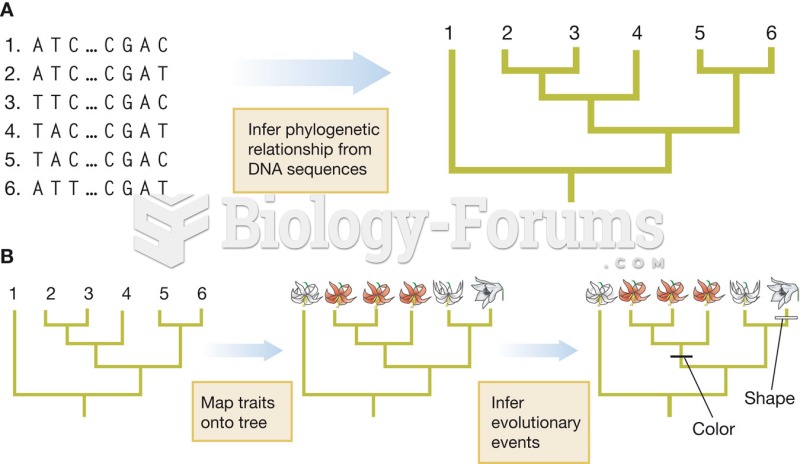|
|
|
On average, someone in the United States has a stroke about every 40 seconds. This is about 795,000 people per year.
In the United States, an estimated 50 million unnecessary antibiotics are prescribed for viral respiratory infections.
It is believed that the Incas used anesthesia. Evidence supports the theory that shamans chewed cocoa leaves and drilled holes into the heads of patients (letting evil spirits escape), spitting into the wounds they made. The mixture of cocaine, saliva, and resin numbed the site enough to allow hours of drilling.
To prove that stomach ulcers were caused by bacteria and not by stress, a researcher consumed an entire laboratory beaker full of bacterial culture. After this, he did indeed develop stomach ulcers, and won the Nobel Prize for his discovery.
According to the FDA, adverse drug events harmed or killed approximately 1,200,000 people in the United States in the year 2015.







